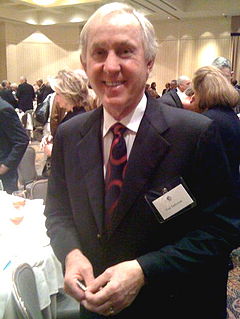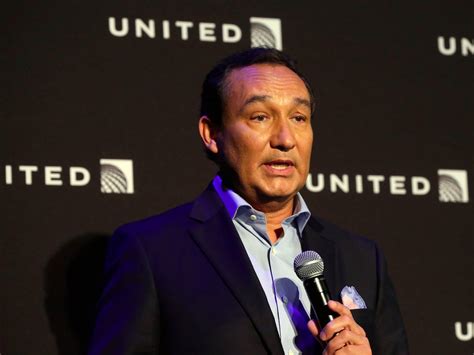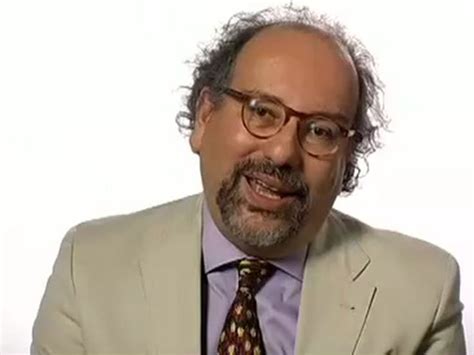Цитата Джанет Йеллен
Доверие институтов на рынке, доверие клиентов и поставщиков, рабочих и служащих очень важны для эффективности бизнеса.
Связанные цитаты
И ни один бизнес не может отождествлять счастливых работников (сообщество) с прибылью (эффективностью). Счастливые работники — гораздо более производительные работники и, следовательно, вносят свой вклад в прибыль, но ни одна организация не создана для того, чтобы доставлять удовольствие своим работникам.
Лица, принимающие решения, должны сообщать образы клиентов и логику стратегий и действий. Такое общение позволяет сотрудникам всей организации реализовывать стратегии и действия, соответствующим образом корректируя их в ответ на изменения на рынке. Это также позволяет сотрудникам распознавать информацию на рынке, которая противоречит изображениям клиентов, либо потому, что изображения были не совсем правильными, либо потому, что клиенты изменились.
Самая важная работа предпринимателя начинается еще до того, как появится бизнес или сотрудники. Задача предпринимателя состоит в том, чтобы спроектировать бизнес, который может расти, нанимать много людей, приносить пользу своим клиентам, быть ответственным корпоративным гражданином, приносить процветание всем, кто работает в этом бизнесе, заниматься благотворительностью и, в конечном итоге, больше не нуждаться в помощи. предприниматель. Прежде чем появится бизнес, успешный предприниматель мысленно проектирует этот тип бизнеса. По словам моего богатого папы, это работа настоящего предпринимателя.




































